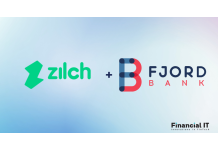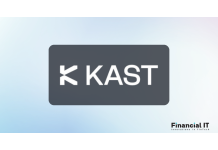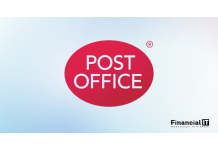UK Credit Union Announces New, World-Class Member...
- 08.01.2026 08:55 am
Zilch to Acquire Fjord Bank to Kickstart European...
- 08.01.2026 07:35 am
Saxo Reaches Key Milestone with DKK 1 Trillion in...
- 07.01.2026 09:25 am
bunq Files for US Banking License
- 07.01.2026 08:10 am
Yuze Partners with Zand To Empower SMEs in UAE
- 06.01.2026 10:55 am
Iute Wins State Tender in Ukraine To Build a Digital...
- 06.01.2026 08:35 am
Flutterwave Expands Payments Infrastructure with...
- 05.01.2026 01:45 pm
Telcoin Begins Digital Asset Banking Operations with...
- 05.01.2026 06:35 am
KAST Adds $MOVE Rewards As It Expands Premium Neobank...
- 23.12.2025 11:05 am
Finastra Expands Global Footprint with New U.S. and...
- 22.12.2025 03:10 pm
Post Office Secures Five-Year Agreement To Continue...
- 22.12.2025 09:05 am
COONECTA Taps BPC’s Next-Generation Platform to...
- 18.12.2025 12:05 pm






















